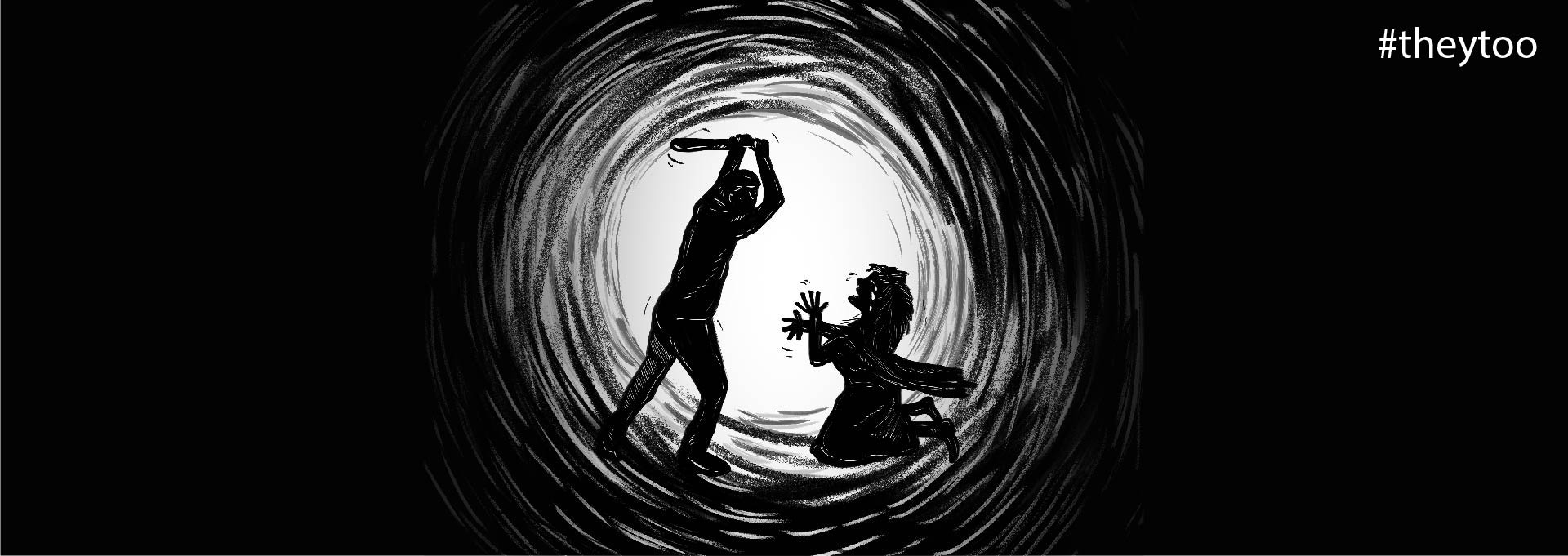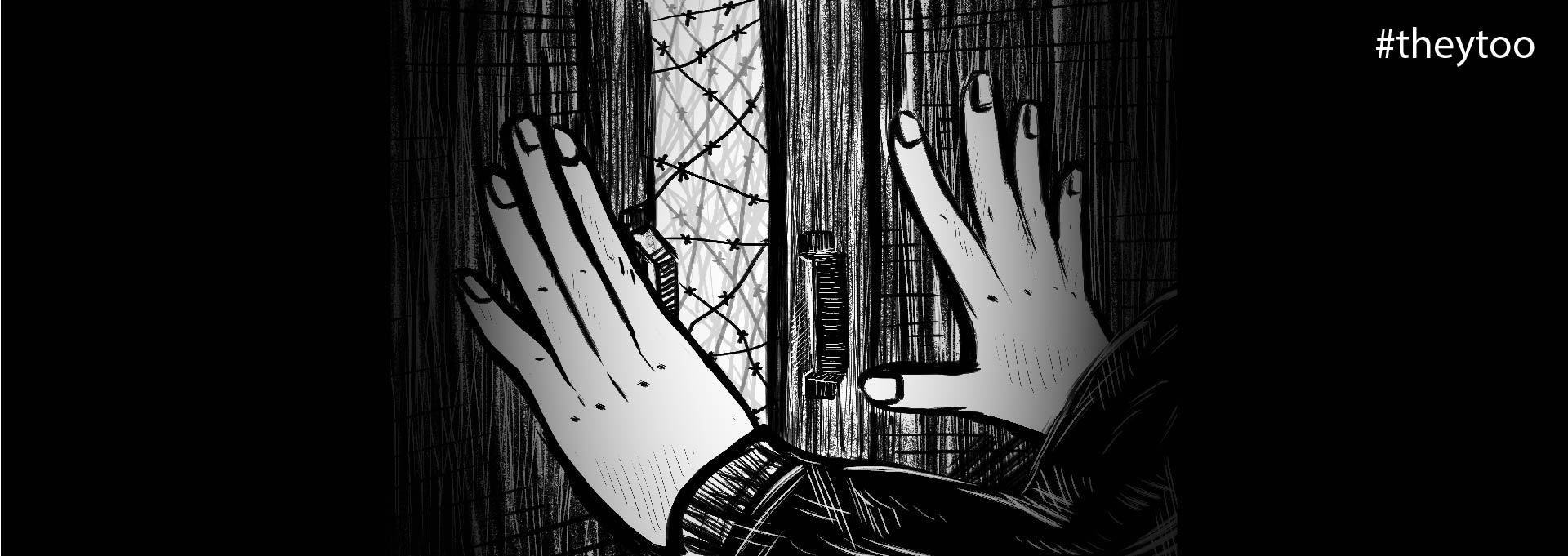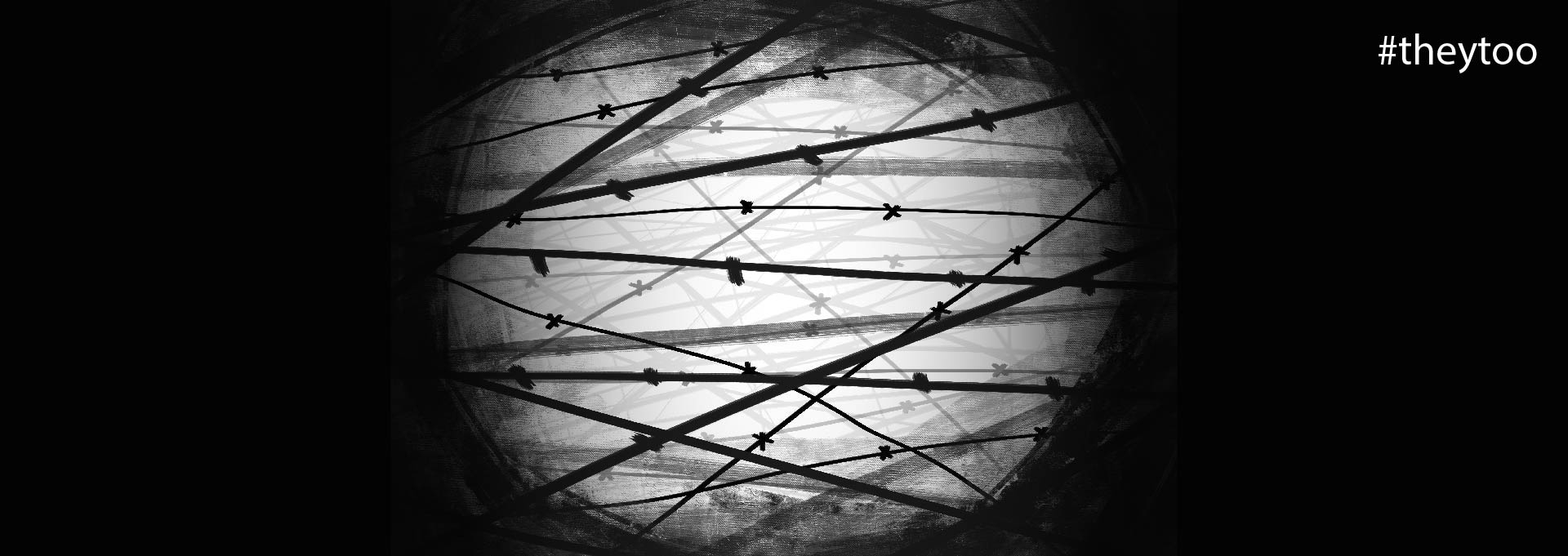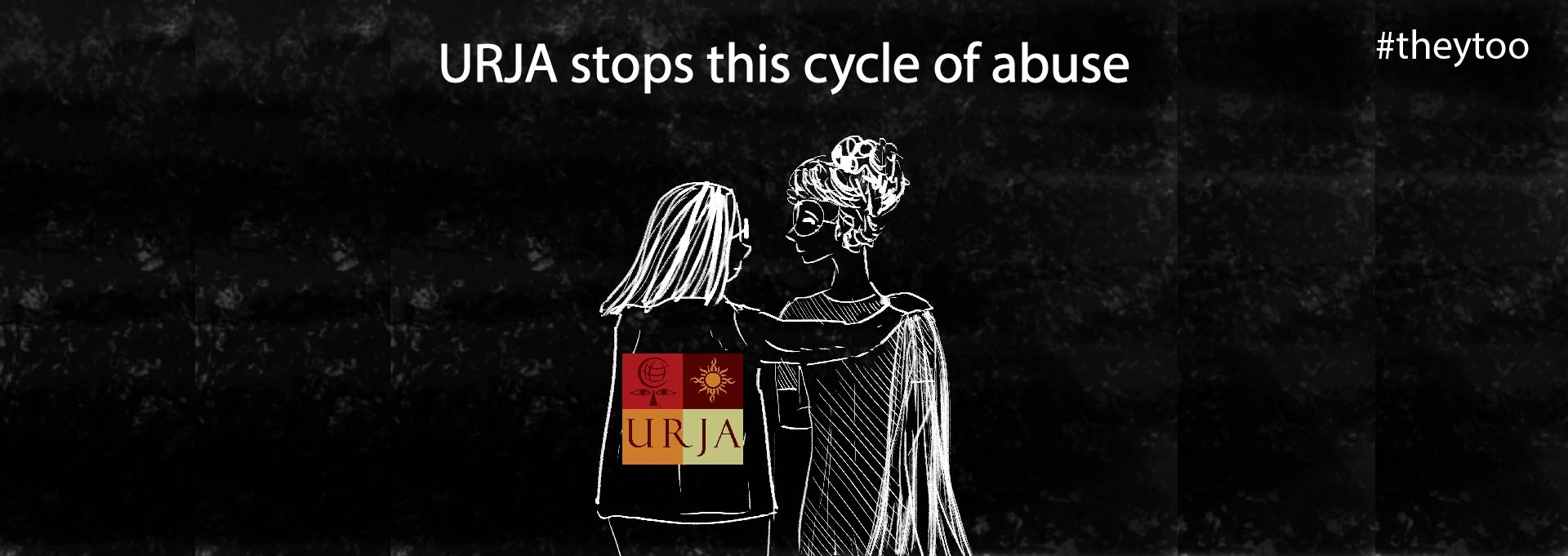URJA’s PURPLE TAG CAMPAIGN
THANK YOU. You choose to make a difference
The color purple is a symbol of peace, courage, survival, honor and dedicated to ending violence. It is a salute to survivors and those we have lost to domestic violence.
URJA’S campaign acknowledges domestic violence as a gross human rights abuse and attempts to unify women who have been victims of this silent threat in most homes!
Facts About Domestic Violence :
- In India, according to the latest National Family Health Survey, around 33% of women have experienced spousal violence - physical, sexual or emotional abuse.
- Just 14 % of Indian women who experienced violence have sought help to stop it and only 3% reported it to the police.
- There has been an almost 50% rise in domestic violence cases during the National Lockdown in India.
- In the previous 12 months, 243 million women and girls (aged 15-49) across the world have been subjected to sexual or physical violence by an intimate partner.
- Men are more likely to perpetrate violence if they have low education, a history of child maltreatment, exposure to domestic violence against their mothers, harmful use of alcohol, acceptance of gender violence, and a sense of entitlement over women.
Signs You Are In an Abusive Relationship
A lot of people do not realize that they are in an abusive relationship. Here are some of the signs that you could be in an abusive relationship that you need to get out of. For instance, does your partner:
- Tell you that you are a bad parent and threatens you and your children?
- Look at you or act in ways that scare you?
- Stop you from meeting your family, relatives and friends?
- Physically or sexually abuses you. Do they hit, shove , push,choke or slap you?
- Behave in an irrationally jealous &possessive manner. The person checks up on you all of the time and may get angry if you hang out with certain people?
- Intimidate you with knives, sharp weapons or arms?
- Rigidly control your finances & makes you account for every rupee ?
- Prevents you from working or stepping out of your house?
Join URJA’s PURPLE TAG CAMPAIGN to help spread awareness & raise funds.
URJA established in 2011, is focusing on preventing violence against women in the villages of Najafgarh in New Delhi, India. The organization is working with underprivileged and marginalised women such as women migrants, victims of domestic violence and other forms of violence against women, women in intergenerational prostitution and women in distress. URJA has handled more than 300 cases of violence including domestic violence, eve teasing, sexual abuse, dowry and harassment. Further, the organization has helped more than 300 women to access government schemes, such as, old age pension, widow pension, identity cards such as PAN cards and opening of bank accounts. URJA also works with the children and adolescent girls of survivors of violence.
Violence against women and girls, especially DOMESTIC VIOLENCE is the shadow pandemic during the global contagion of COVID 19. The pandemic is forcing women to stay indoors with their husbands and intimate partners isolating and preventing them from seeking help from their friends, neighbours and relatives. India has also reported a drastic rise in the number of domestic violence cases during the National Lockdown.
The current circumstances make it even more necessary to continue to provide care and support for survivors and for preventive action to reduce violence against women. At URJA, we build that bridge for at-risk women and children to a safer environ to provide:
- Counseling to traumatized woman.
- Legal awareness amongst the community so that women are informed and have a recourse when needed.
- Pre- school (Balwadi) classes for her children and Supplementary classes for older children to reduce drop-outs and ensure they are mainstreamed into municipal schools.
- Vocational training for the women to make certain they have an exit route from violence.
URJA’s PURPLE TAG CAMPAIGN urges you to donate now to support marginalised women and girls get access to quality education, sustainable livelihood opportunities and health services.
Your support will go a long way in helping us in our efforts to create a safe, violence free environment for women and girls.








